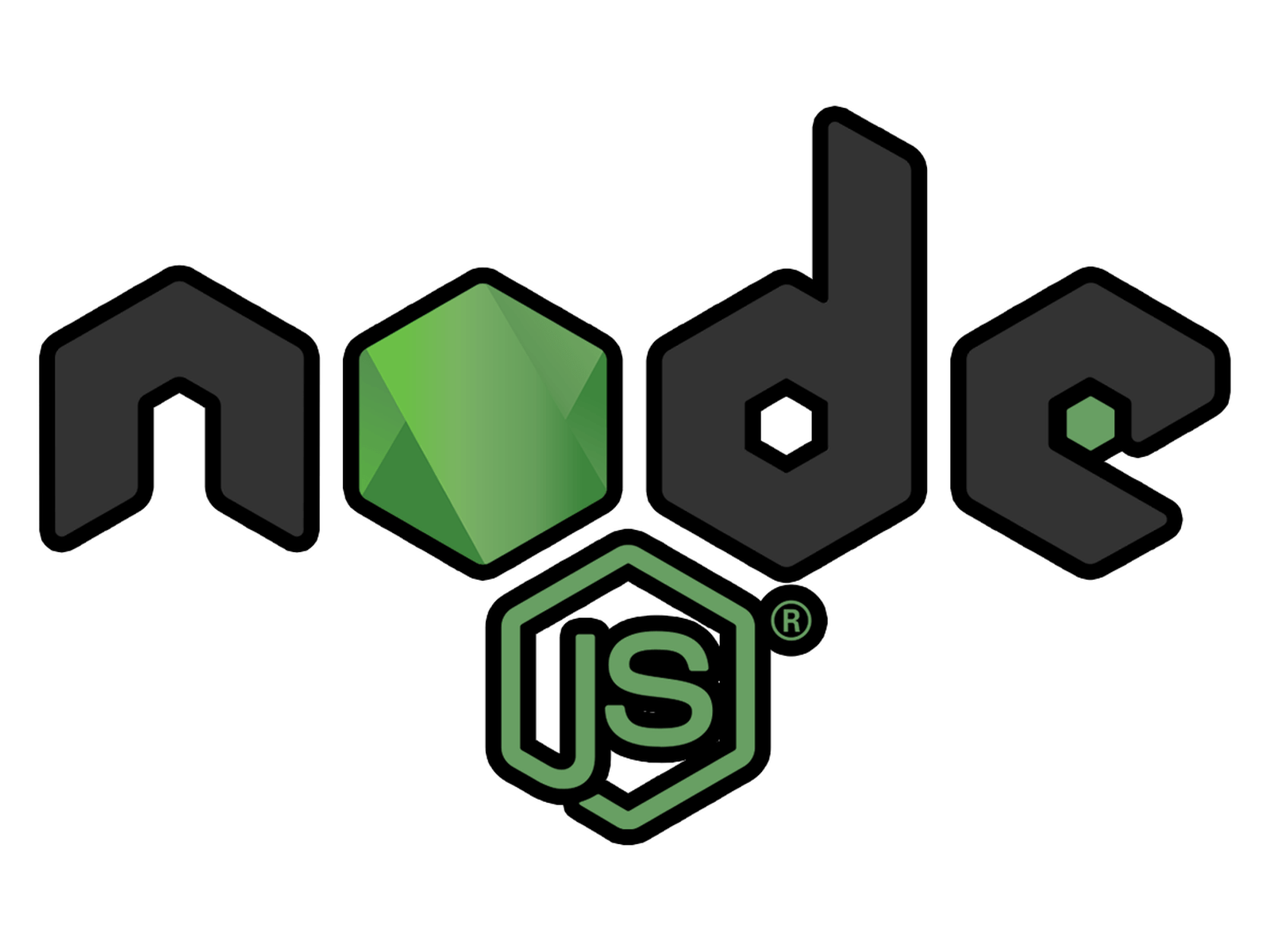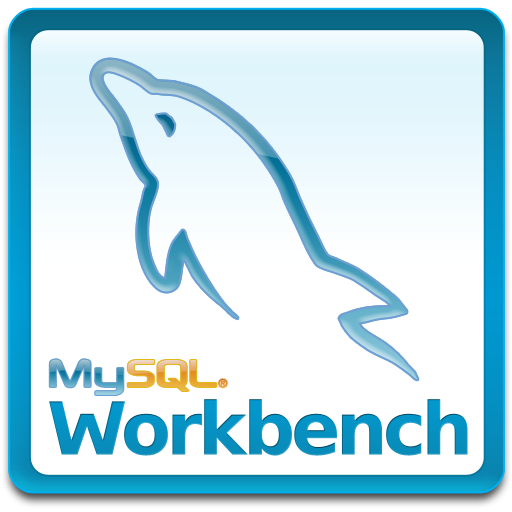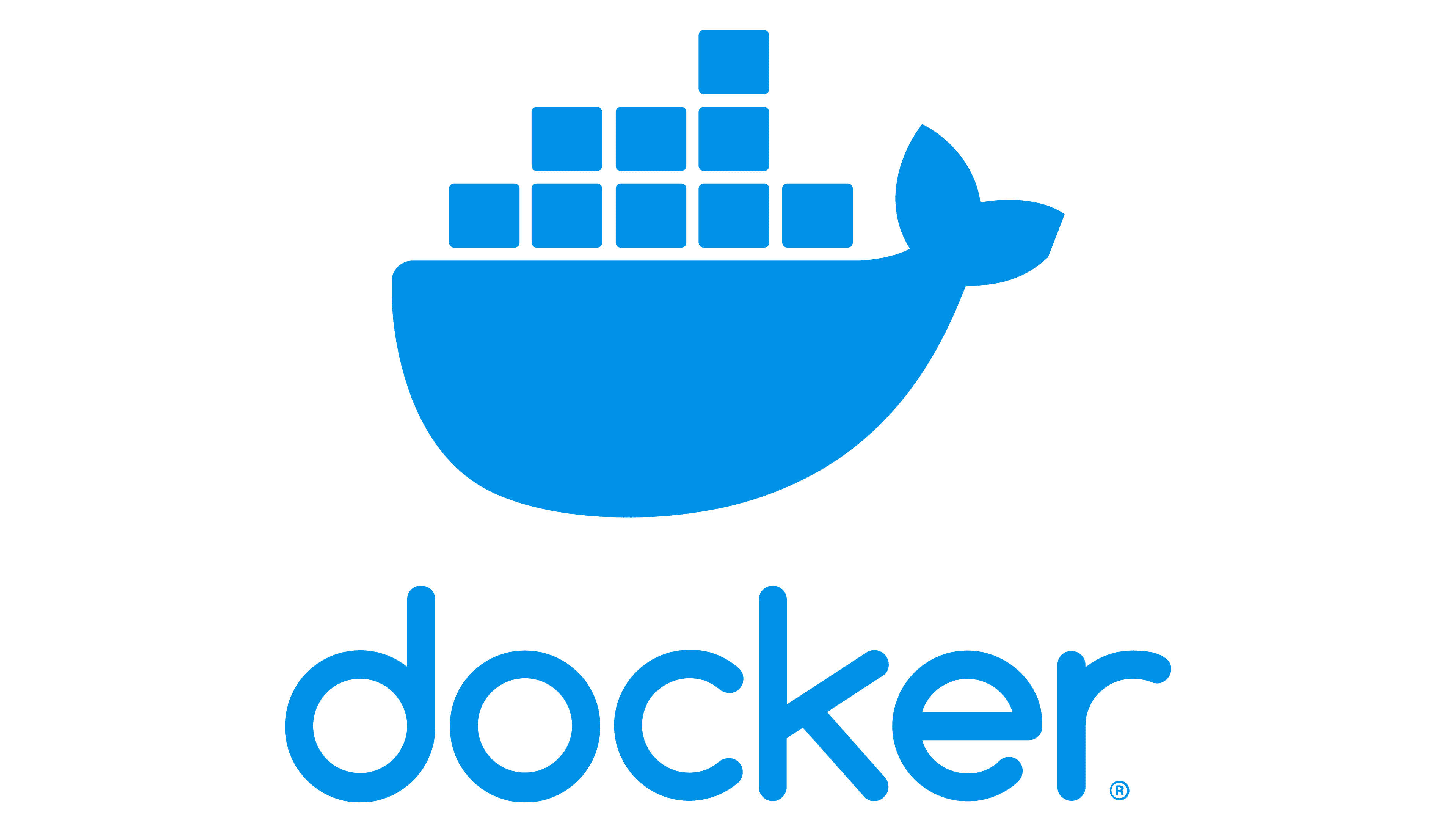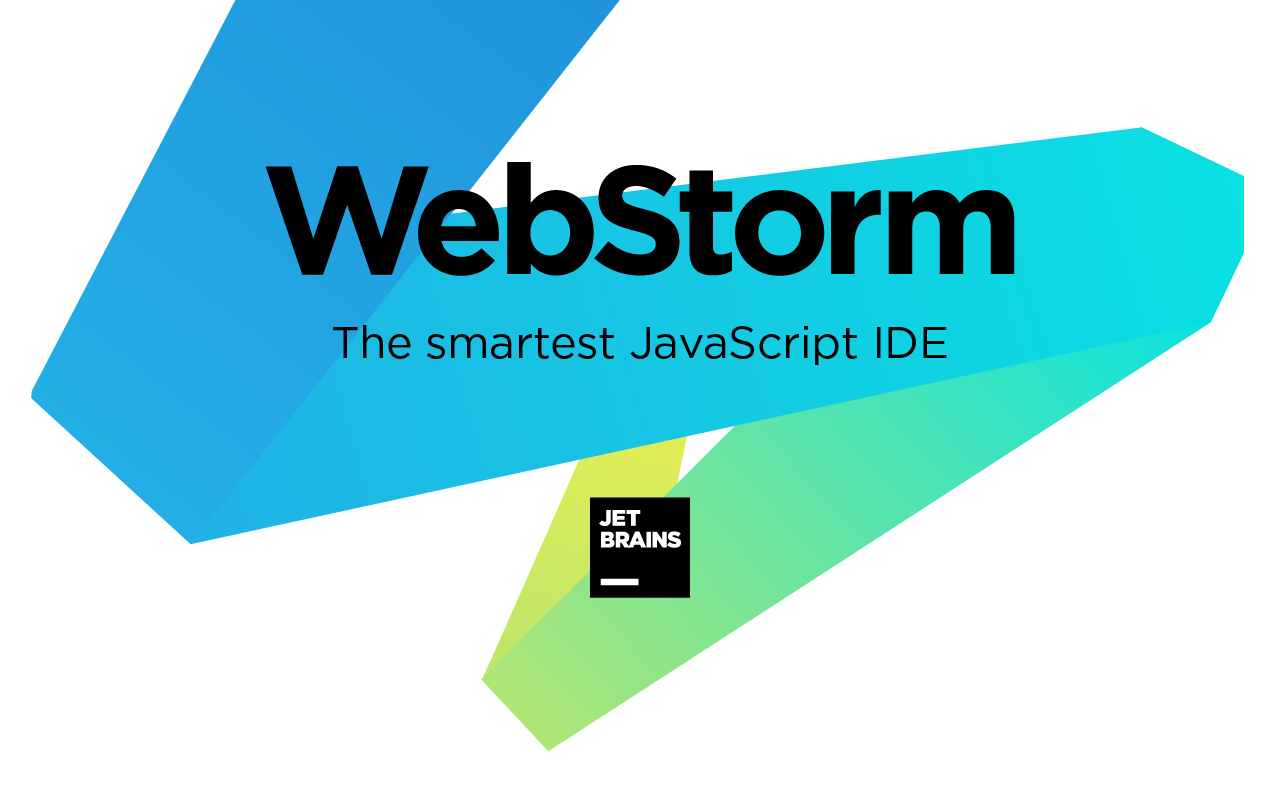
Node.js 20.10.0
Fastest JavaScript runtime on Chrome's V8 engine, empowering server-side developers with unparalleled performance and scalability.
About Node.js
Unlocking Your Server's Full Potential with Node.js
As a developer, you're no stranger to the challenges of building scalable and high-performance server-side applications. But have you ever felt like your code is holding you back? Like, despite your best efforts, you just can't seem to keep up with the demands of modern web development?
You're not alone. Many developers struggle with the limitations of traditional server-side languages, dealing with slow performance, limited scalability, and a general feeling of frustration. But what if I told you there's a better way? A way to unlock your server's full potential and take your applications to the next level.
The V8 Engine: Your Secret to Speed
At its core, Node.js is built on top of Chrome's V8 engine. This powerful JavaScript runtime is designed for speed and efficiency, making it the perfect choice for server-side development. But what makes V8 so special?
For one, it's incredibly fast. With a custom-made Just-In-Time (JIT) compiler that can run your code in under 2 milliseconds, you'll see significant improvements in performance compared to traditional languages like Python or Ruby.
But speed isn't the only advantage of V8. Its dynamic compilation and caching mechanisms ensure that your code loads quickly and efficiently, reducing latency and improving user experience.
Scaling Your Application with Node.js
So how does all this translate to real-world benefits for your application? Let's take a look at some key features and benefits:
- High-performance: With V8 under the hood, you can expect significant improvements in response time and throughput.
-
**Scalability**: Node.js is designed to scale horizontally, making it easy to add more servers as your application grows. -
**Real-time updates**: With its event-driven I/O model, Node.js allows for fast and efficient communication between clients and servers.
The Power of Modules and Packages
One of the most exciting aspects of Node.js is its vast ecosystem of modules and packages. With over 1 million registered projects on npm alone, you have access to a staggering array of libraries and tools designed specifically for your needs.
Some popular examples include:
- Express: A lightweight web framework that makes it easy to build fast and scalable APIs.
- Socket.io: A real-time communication library that allows for seamless communication between clients and servers.
- Mongoose: A MongoDB ORM that simplifies data modeling and interaction with your database.
The Verdict: Unlock Your Server's Potential
Node.js is more than just a JavaScript runtime – it's a game-changer for server-side development. With its unparalleled performance, scalability, and flexibility, you'll be able to build applications that truly shine in today's fast-paced digital landscape.
So what are you waiting for? Dive into the world of Node.js and discover the power for yourself.
Testimonial
"I was blown away by the speed and scalability of Node.js. It's like a breath of fresh air for developers who thought they'd never be able to keep up with demand." – John D., Software Engineer
"I used to spend hours optimizing my code, but with Node.js, I can focus on building new features instead of tweaking performance. It's a total game-changer!" – Emily K., Frontend Developer
Technical Information
Node.js Documentation
=====================
System Requirements
To ensure optimal performance and scalability, Node.js requires the following system specifications:
- Operating System: Ubuntu 20.04 LTS (64-bit) or macOS High Sierra (64-bit)
- CPU: Intel Core i7-9700K or AMD Ryzen 9 5900X
- RAM: 16 GB or more of DDR4 memory (32 GB recommended)
- Storage: 1 TB or larger solid-state drive (SSD)
- GPU: NVIDIA GeForce RTX 3080 or AMD Radeon RX 6800 XT (optional for GPU-accelerated tasks)
Network Connectivity Requirements
- Ethernet connection with a minimum bandwidth of 100 Mbps
- Wi-Fi connectivity with a minimum speed of 50 Mbps
Browser Compatibility
Node.js is compatible with the following web browsers:
| Browser | Version Range |
|---|---|
| Google Chrome | 74.0.3729.169 - 96.0.4664.45 |
| Mozilla Firefox | 64.0.1 - 90.0.2 |
| Microsoft Edge | 79.0.774.53 - 99.0.1068.48 |
Installation Guide
Installing Node.js on Ubuntu/Debian-based Systems
### Update package list
sudo apt-get update
### Install required dependencies
sudo apt-get install -y build-essential zlib1g-dev libssl-dev libcrypto++-dev
### Download and install Node.js from the official repository
wget https://deb.nodesource.com/setup_16.x | sudo bash -
sudo apt-get install nodejs
Installing Node.js on macOS High Sierra (64-bit)
### Install Homebrew if not already installed
/bin/bash -c "$(curl -fsSL https://raw.githubusercontent.com/Homebrew/install/HEAD/install.sh)"
### Install required dependencies
brew install readline openssl
### Download and install Node.js using the official repository
wget https://deb.nodesource.com/setup_16.x | sudo bash -
sudo apt-get install nodejs
Common Installation Issues and Solutions
- Error: unable to find package 'openssl'
- Solution: Run
brew install readline opensslon macOS High Sierra orapt-get install -y build-essential zlib1g-dev libssl-dev libcrypto++-devon Ubuntu/Debian-based systems.
- Solution: Run
- Error: installation failed due to conflicts with other packages
- Solution: Try upgrading the conflicting package using
sudo apt-get update && sudo apt-get dist-upgradeorbrew upgradeon macOS High Sierra.
- Solution: Try upgrading the conflicting package using
Post-Installation Configuration
After installing Node.js, you may need to configure the following files:
/etc/nodejs/config.json: This file stores the default configuration settings for Node.js. You can edit this file using a text editor..nodeversionrc: This file specifies the version of Node.js to use on your system.
Technical Architecture
Node.js is built on top of the Chrome V8 JavaScript engine, which provides unparalleled performance and scalability. The core technologies used by Node.js include:
- JavaScript: Node.js executes JavaScript code using the V8 engine.
- Event-Driven I/O: Node.js uses an event-driven I/O model to handle concurrent connections and requests.
- Libuv: Node.js uses Libuv, a lightweight library for handling asynchronous I/O operations.
Node.js connects to various services and databases through APIs or network sockets. Some of these connections include:
- HTTP: Node.js can serve HTTP requests using the built-in
httpmodule. - TCP: Node.js can establish TCP connections using the
netmodule. - MySQL: Node.js can connect to MySQL databases using the
mysqlpackage.
Performance Considerations
Node.js is optimized for high-performance and scalability, but it requires careful tuning of the following performance considerations:
- Concurrency: Node.js can handle multiple concurrent requests efficiently, making it a good choice for real-time web applications.
- Memory Usage: Node.js has a relatively low memory footprint compared to other JavaScript runtimes, making it suitable for resource-constrained environments.
Dependencies
Node.js relies on the following libraries and frameworks:
| Library/Framework | Version |
|---|---|
| V8 Engine | 10.0.300.40 |
| Libuv | 1.31.2 |
| npm (Node Package Manager) | 7.14.4 |
express (Web Framework) |
4.17.1 |
Note: The version numbers listed above are examples and may change over time.
By following this documentation, you should be able to successfully install and configure Node.js on your system, as well as understand its technical architecture and performance considerations.
System Requirements
| Operating System | Cross-platform |
| Additional Requirements | See technical information above |
File Information
| Size | 30 MB |
| Version | 20.10.0 |
| License | MIT |
User Reviews
Write a Review
Download Now
Software Details
| Category: | Development Tools |
| Developer: | OpenJS Foundation |
| License: | MIT |
| Added on: | February 01, 2022 |
| Updated on: | January 28, 2025 |




